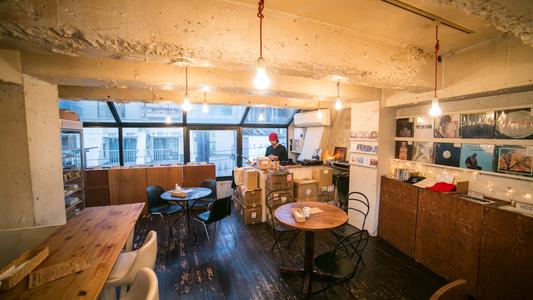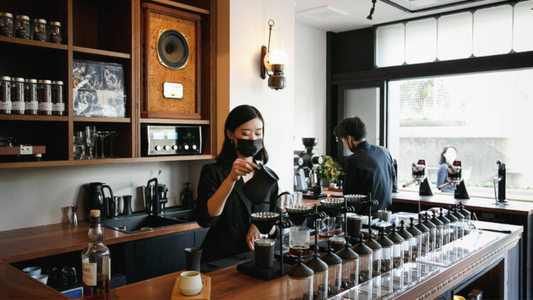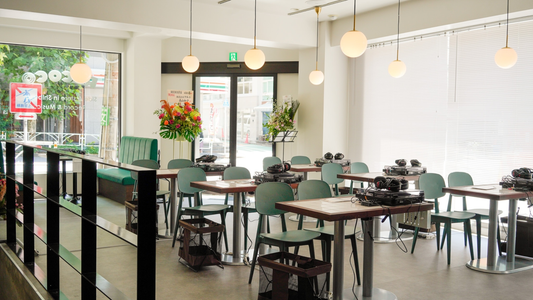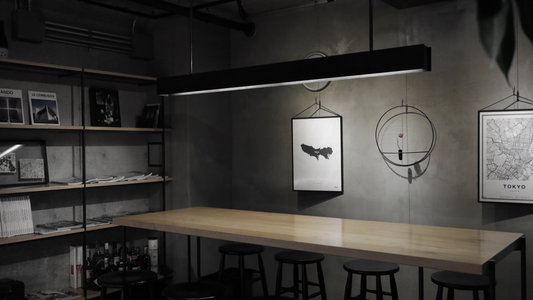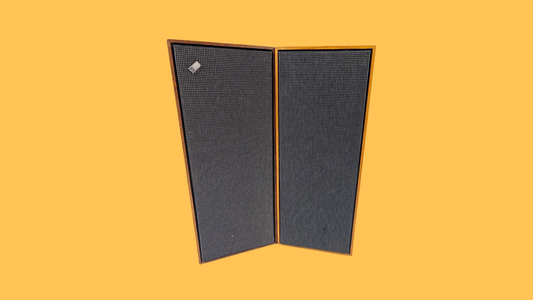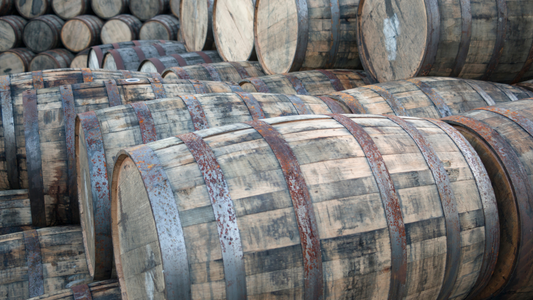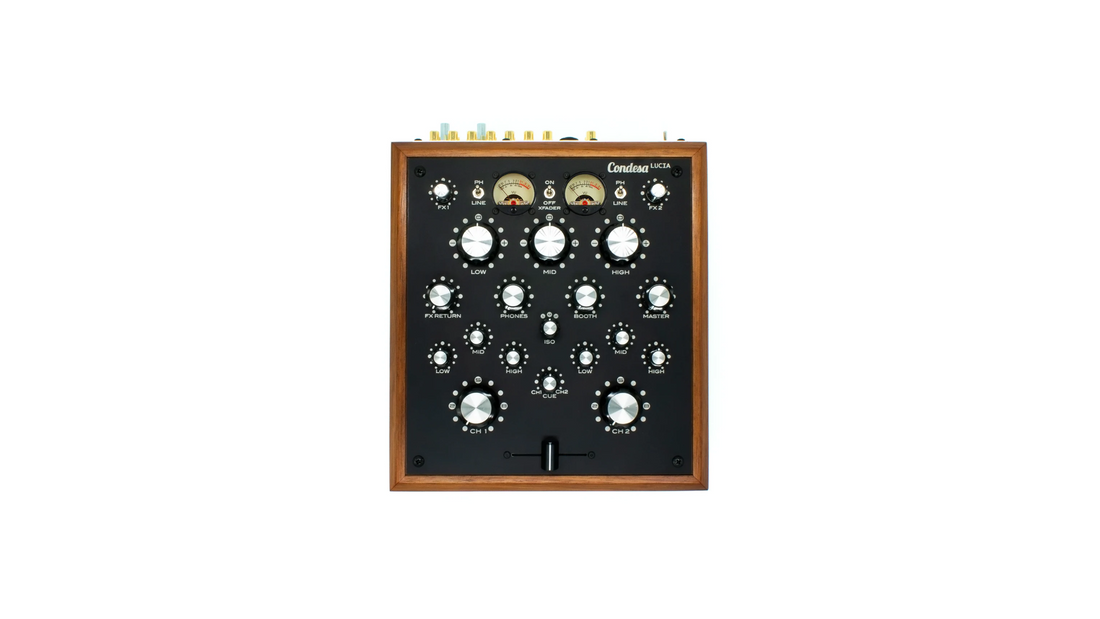
Condesa Electronics — Handmade in Australia, Tuned for Flow
By Rafi Mercer
The rotary mixer has been reborn in many places — restored in New York, refined in Paris, reimagined in London. But few would have predicted its renaissance in Adelaide, Australia. That is where Condesa Electronics began, a small workshop building hand-made rotary mixers that have since travelled the world, finding their way into clubs, studios, and, increasingly, listening bars. Their appeal lies in their balance: robust enough for selectors, musical enough for hi-fi devotees, and always tuned for flow.
Condesa was founded by Daniel Sloss in the early 2010s, emerging from Australia’s deep-rooted DJ culture and a hunger for high-quality rotary gear at a time when vintage Bozaks and UREIs were scarce and fragile. Sloss and his team approached the task with a mix of pragmatism and artistry: discrete analogue circuits for warmth, solid build quality for reliability, and rotary controls that felt as smooth as they sounded. Each mixer was made to order, often customised, each one carrying the trace of a workshop rather than a factory.
The result was a family of mixers — Lucia, Carmen, Allegra, Amelia — each named, fittingly, with character. Compact, portable, yet sonically expansive, they became trusted companions for DJs who valued tactility and for bars that wanted continuity without compromise.
I recall a night in Melbourne where a Condesa Carmen was perched on the bar counter, its wooden side panels glowing under warm light. The selector eased from Moodymann’s Shades of Jae into Theo Parrish’s Falling Up. The transition was effortless, EQ curves wide and natural, the sound warm without losing edge. Patrons swayed, not jolted by cuts but carried by continuity. The mixer wasn’t the star, but it was the medium — the wheel that kept the night turning.
Compared with the Parisian chic of E&S or the New York muscle of UREI, Condesa feels more artisanal, more approachable. There is something about its handmade nature that suits the intimacy of listening bars. It doesn’t demand to be revered; it simply asks to be used, to be part of the evening’s rhythm. That humility, combined with its sonic warmth, has made it a favourite in venues where equipment is chosen not for spectacle but for reliability and feel.
Visually, Condesa mixers carry their own charm: brushed panels, rotary knobs, wood cheeks that give them a furniture-like familiarity. In a bar, they feel at home — not industrial, not austere, but crafted, as though made to belong in the room rather than to dominate it.
Each unit still comes from Adelaide, still built by hand, still carrying that trace of craft. In a world of mass-produced controllers and digital dominance, that hand-built continuity feels rare, almost radical. Bars that choose Condesa are choosing not just a mixer, but a philosophy — that music should be guided by touch, by warmth, by flow.
In the end, Condesa Electronics represents the Australian voice in the global rotary tradition. Handmade, musical, and human, their mixers prove that fidelity can be crafted anywhere, so long as the philosophy is sound. In listening bars, they become part of the ritual, quietly shaping nights with continuity and care.
Rafi Mercer writes about the spaces where music matters. For more stories from Tracks & Tales, subscribe, or click here to read more.




